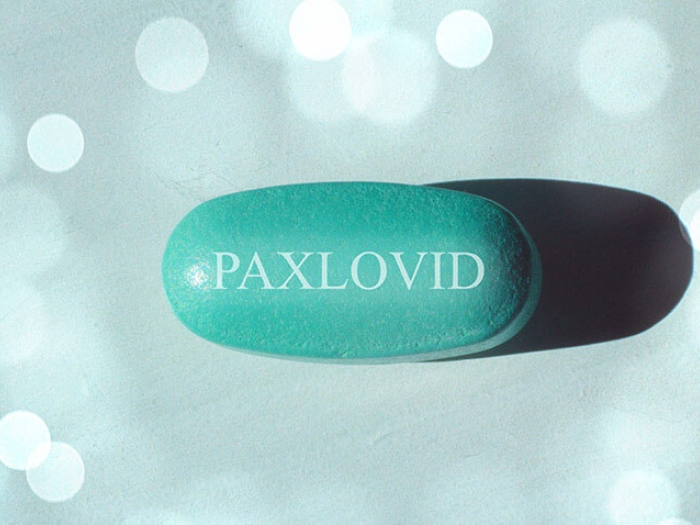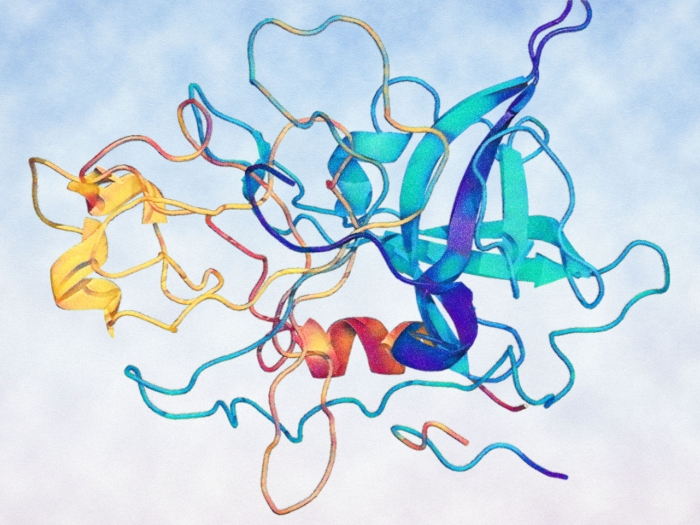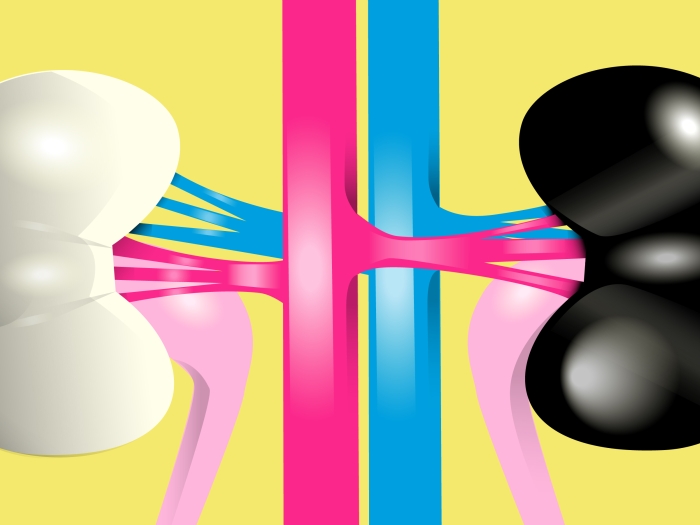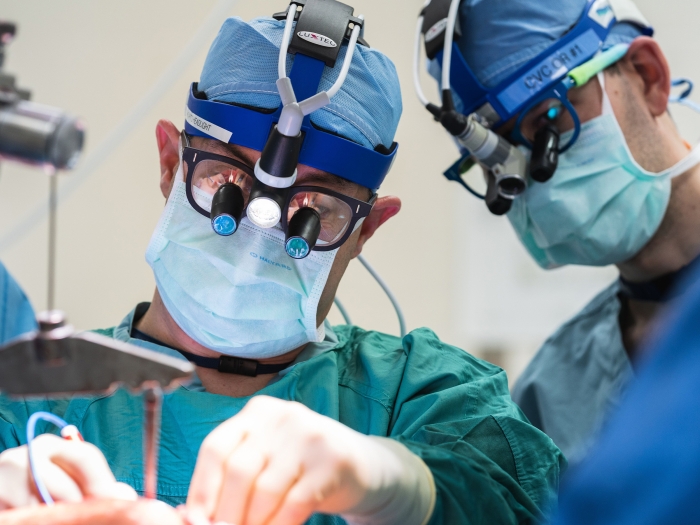Michigan sergeant saves a fellow officer with living kidney donation, providing him with the gift of life.
11:20 AM
Author |
Sergeant Jamie Crawford says it's in a police officer's nature to help others.
Still, it was a surprise to fellow Ann Arbor police officer Steven Dye when Crawford offered to be evaluated as a living kidney donor after she learned he had late-stage kidney disease.
"I was caught off guard by her offer," says Dye, a traffic and commercial vehicle enforcement officer on the 120-member police force. "She asked if she could help and that meant a lot."
After months of testing and preparing, Crawford and Dye went under the knife at Michigan Medicine on March 27 for a kidney transplant.
LISTEN UP: Add the new Michigan Medicine News Break to your Alexa-enabled device, or subscribe to our daily updates on iTunes, Google Play and Stitcher.
And the officers hope that their story inspires others to consider organ donation.
"In this profession we rely on each other to keep each other safe throughout a shift, and close relationships can develop," Crawford says. "It's in our nature to help. Not too many people knew what he was experiencing; I was surprised to find out what he was dealing with."
See Also: How living kidney donation works
Dye didn't reveal his chronic kidney disease to many people. He says he hadn't experienced any ill effects other than occasional fatigue.
Diagnosed with chronic kidney disease more than 10 years ago, with the cause unknown, he managed his condition with medication.
When chronic kidney disease develops, it's often asymptomatic. It isn't until a person's kidney disease is far advanced that they can get swelling, fatigue, nausea or loss of appetite.
In March 2018 Dye learned that his disease had progressed and he would need a kidney transplant. Although dialysis was an option, the time needed for those treatments would surely take him off the road and on to desk duty.
The wait for a new kidney could be six to eight years. Instead he was the recipient of a living donation from the police sergeant.
"After surgery the first couple of weeks are rough when you have a hard time just sitting up," says Crawford, a member of the special services section where Dye works, and a recruiter and trainer for the police department. "But I was cleared for physical activity in May and was playing hockey in June."
MORE FROM MICHIGAN: Sign up for our weekly newsletter
Organ and tissue donation from living donors makes up about four of every 10 donations that take place each year, with kidneys being the most frequently donated organs from living people.
But since the transplant, it's made the officers' rivalry harder, Dye says: He's a graduate of Michigan State and Crawford is an alumna of the University of Michigan. On home game days, Crawford directs hordes of fans across the Main Street intersection to fill the 107,000-seat Michigan Football stadium.
"It's a blessing to be where I'm at right now. I'm just forever indebted to her," says Dye who returned to work in June, a little over two months after surgery.
The experience has strengthened Dye's faith and both officers hope their story will influence conversations about organ donation, or at least about the importance of kindness to others.
"The motivation to tell our story is to send a message to be good to other people. Help a friend if they need it and there are a million different ways to be kind," Dye says.
To learn how to register as an organ donor in Michigan, visit the Secretary of State's Office online.

Explore a variety of healthcare news & stories by visiting the Health Lab home page for more articles.

Department of Communication at Michigan Medicine
Want top health & research news weekly? Sign up for Health Lab’s newsletters today!





